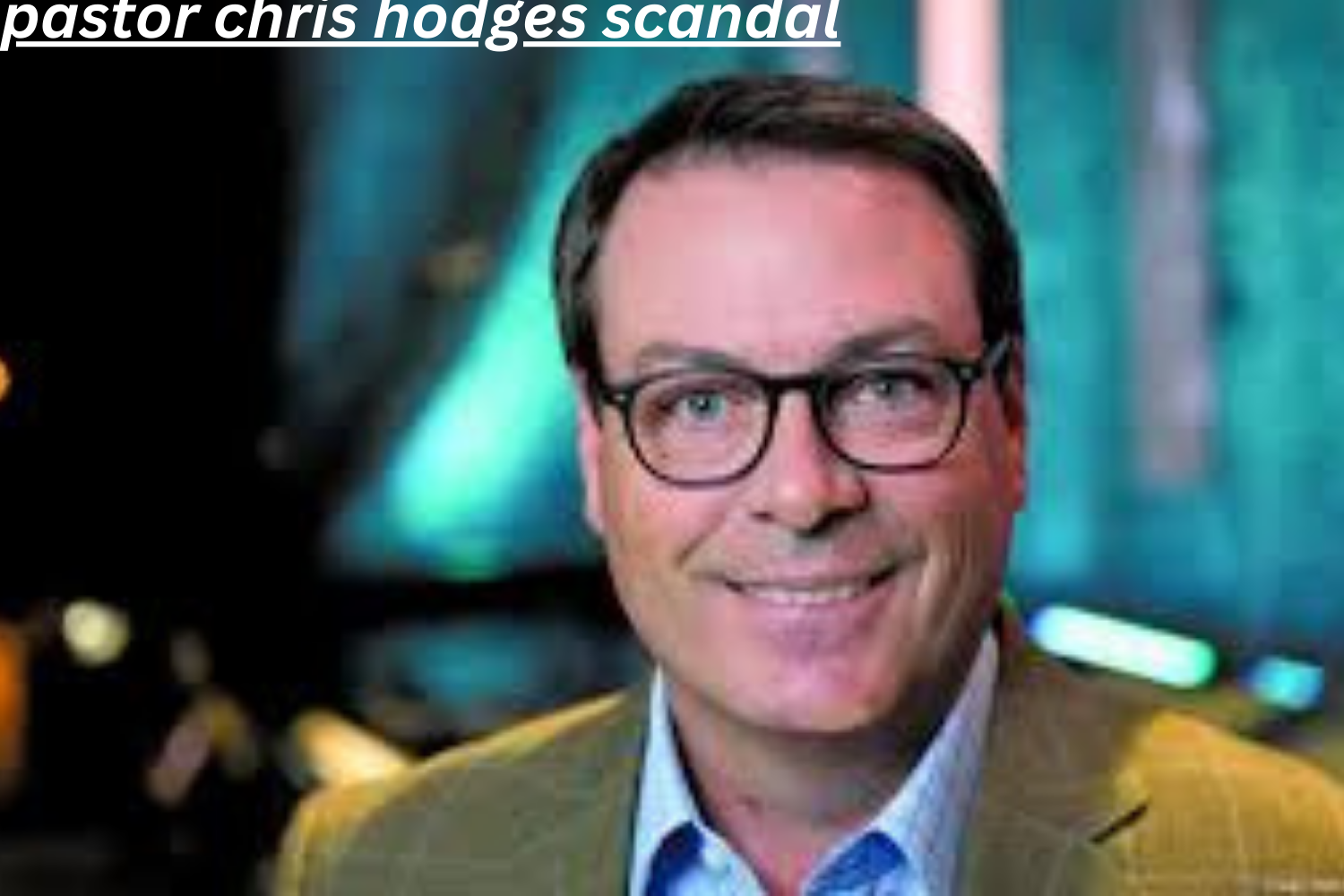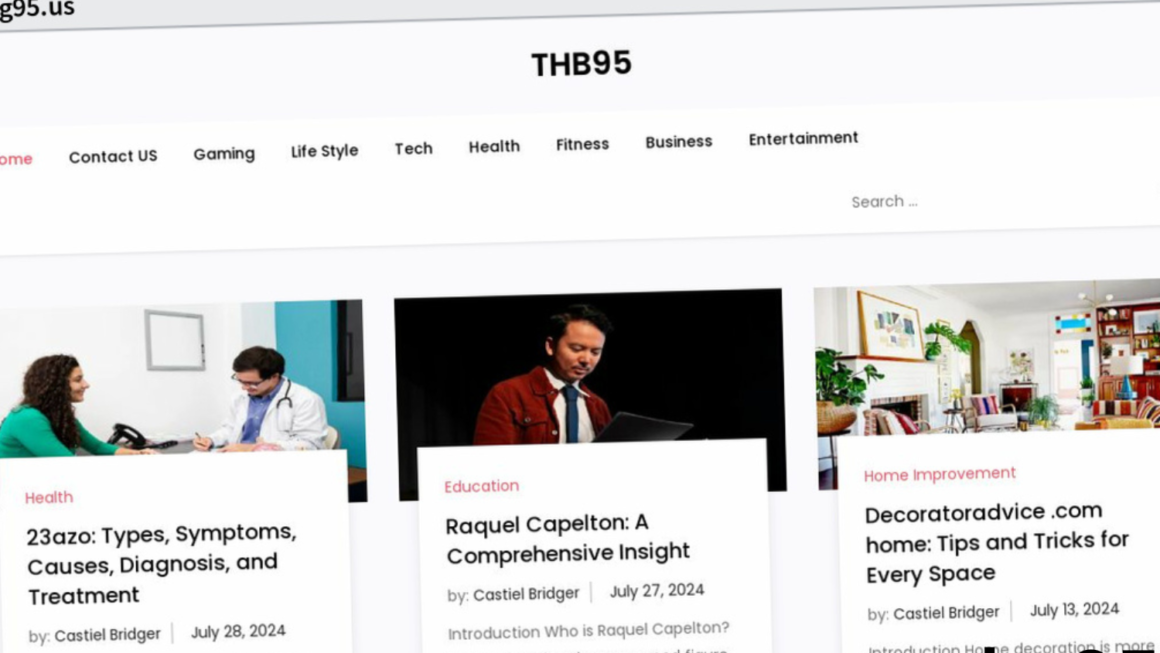Pastor Chris Hodges, a prominent figure in the Christian community and founder of Church of the Highlands, has long been known for his charismatic preaching and leadership. His sermons have inspired thousands, but recent events have cast a shadow over his ministry. The Pastor Chris Hodges scandal has ignited conversations across social media platforms and within churches nationwide. As allegations surface and reactions unfold, many are left questioning not only the integrity of one leader but also the broader implications for faith communities everywhere. What exactly happened? Let’s delve into this unfolding controversy to uncover the facts behind it all.
The Allegations Against Him
The allegations against Pastor Chris Hodges have stirred significant controversy. Reports surfaced detailing claims of inappropriate conduct and mismanagement within his church, Church of the Highlands. These accusations led to a public outcry among congregants and non-congregants alike.
Some former members pointed to instances that suggested a toxic environment. They described an atmosphere where dissent was not tolerated, raising questions about leadership transparency.
Additionally, financial discrepancies were cited by critics, suggesting misuse of funds intended for community outreach programs.
These serious charges prompted discussions about accountability in large religious organizations and their leaders’ responsibilities towards their congregations. As details emerged, the situation became more complex, with varying perspectives on what truly transpired behind closed doors at Church of the Highlands.
Response from Hodges and His Church
Pastor Chris Hodges quickly addressed the allegations surrounding him, emphasizing transparency and accountability. He took to social media platforms, sharing a heartfelt message with his followers.
Hodges expressed deep remorse for any hurt caused. His tone was one of humility as he discussed the importance of integrity in ministry. He acknowledged that mistakes can happen but emphasized his commitment to rectifying them.
Church leadership issued statements reinforcing their support for Hodges. They highlighted ongoing efforts to foster an atmosphere of trust within their community.
Additionally, they launched internal reviews aimed at strengthening protocols around governance and ethics. This proactive approach sought to reassure congregants about their dedication to maintaining a strong moral compass.
By focusing on open communication, both Hodges and his church aimed to navigate through this challenging period while rebuilding faith among supporters.
Reactions from the Christian Community
The Christian community has been deeply divided in response to the allegations surrounding Pastor Chris Hodges. Some followers express unwavering support, emphasizing his years of dedicated service and impactful preaching.
Others, however, feel disillusioned. They question the integrity of a leader they once admired. For them, the scandal raises concerns about transparency and accountability within church leadership.
Social media platforms buzz with discussions. Many congregants share their thoughts on forums and groups dedicated to faith issues. The varying opinions highlight a broader conversation about trust in spiritual leaders.
Some churches have taken a stand by issuing public statements either defending or distancing themselves from Hodges’ ministry. This controversy serves as a reminder that even respected figures are not immune to scrutiny within their communities.
Amidst this turmoil, many seek guidance through prayer and reflection on what it means to navigate faith during challenging times like these.
Impact on Hodges’ Ministry and Reputation
The Pastor Chris Hodges scandal has undeniably shaken the foundation of his ministry. Once celebrated as a dynamic leader, he now faces scrutiny that challenges both his credibility and the church’s image.
Attendance at Church of the Highlands has seen fluctuations. Many loyal followers remain steadfast in their support, while others express doubts about future leadership.
Social media discussions paint a mixed picture. Supporters rally around him, citing past contributions to their spiritual lives. Detractors question if they can trust someone under such controversy.
Financially, the impact could be significant too. Donations may dwindle as parishioners reassess their commitment amid uncertainty.
His reputation hangs in balance; it will take time for healing and restoration efforts to bear fruit. The path ahead is fraught with challenges, but also potential for growth if handled with transparency and integrity.
Similar Scandals in the Christian Community
Scandals involving prominent figures in the Christian community are not uncommon. They often make headlines and spark intense discussions among believers and non-believers alike.
One notable case involved a megachurch pastor accused of financial mismanagement. As details emerged, many congregants felt betrayed by someone they had trusted implicitly. This incident raised questions about accountability within large church organizations.
Another scandal revolved around a well-known evangelist who faced allegations of sexual misconduct. The fallout was immediate, leading to resignations and calls for reform in how churches handle such accusations.
These incidents underline a troubling trend: the juxtaposition of public faith with private failings. Each controversy highlights the need for transparency and integrity within religious leadership, reminding us that those in positions of power can fall short just like anyone else.
Lessons Learned and Moving Forward
The Pastor Chris Hodges scandal serves as a stark reminder of the challenges faced by leaders in faith communities. The fallout encourages introspection, not just for those involved but for congregations at large.
Transparency becomes essential in rebuilding trust. Open dialogues about expectations and accountability can help prevent similar issues from arising.
Churches must prioritize creating cultures where healthy discussions around ethics and morality are encouraged. This fosters an environment that supports both leaders and members alike.
Moreover, this situation highlights the importance of supporting one another during times of crisis. Community connections can become stronger when individuals rally to uplift their leaders while holding them accountable.
There’s also an opportunity for growth through education on ethics in ministry roles. Workshops and training programs can equip future leaders with tools to navigate complex situations effectively.
Moving forward means embracing change while learning from past mistakes, ensuring resilience within the community’s fabric.
Conclusion
The Pastor Chris Hodges scandal has undoubtedly stirred significant discussions within the Christian community and beyond. As individuals navigate their reactions, it’s essential to remember the complexities of faith leadership in today’s world. The allegations against Hodges serve as a reminder that even prominent figures are not immune to scrutiny or controversy.
As this situation unfolds, many will reflect on what they can learn from these events. Transparency and accountability remain crucial for leaders who inspire others. The ramifications of such scandals extend beyond individual reputations; they ripple through congregations and communities at large.
While some may continue to support Hodges unwaveringly, others might reevaluate their perspectives on church leadership as a whole. This moment could be an opportunity for growth—fostering deeper conversations about integrity within religious organizations.
As people seek clarity amidst uncertainty, it’s vital to prioritize open dialogue and understanding over division. Whether one views this incident with skepticism or compassion will shape how the future unfolds for both Pastor Chris Hodges and the broader Christian landscape he represents.



